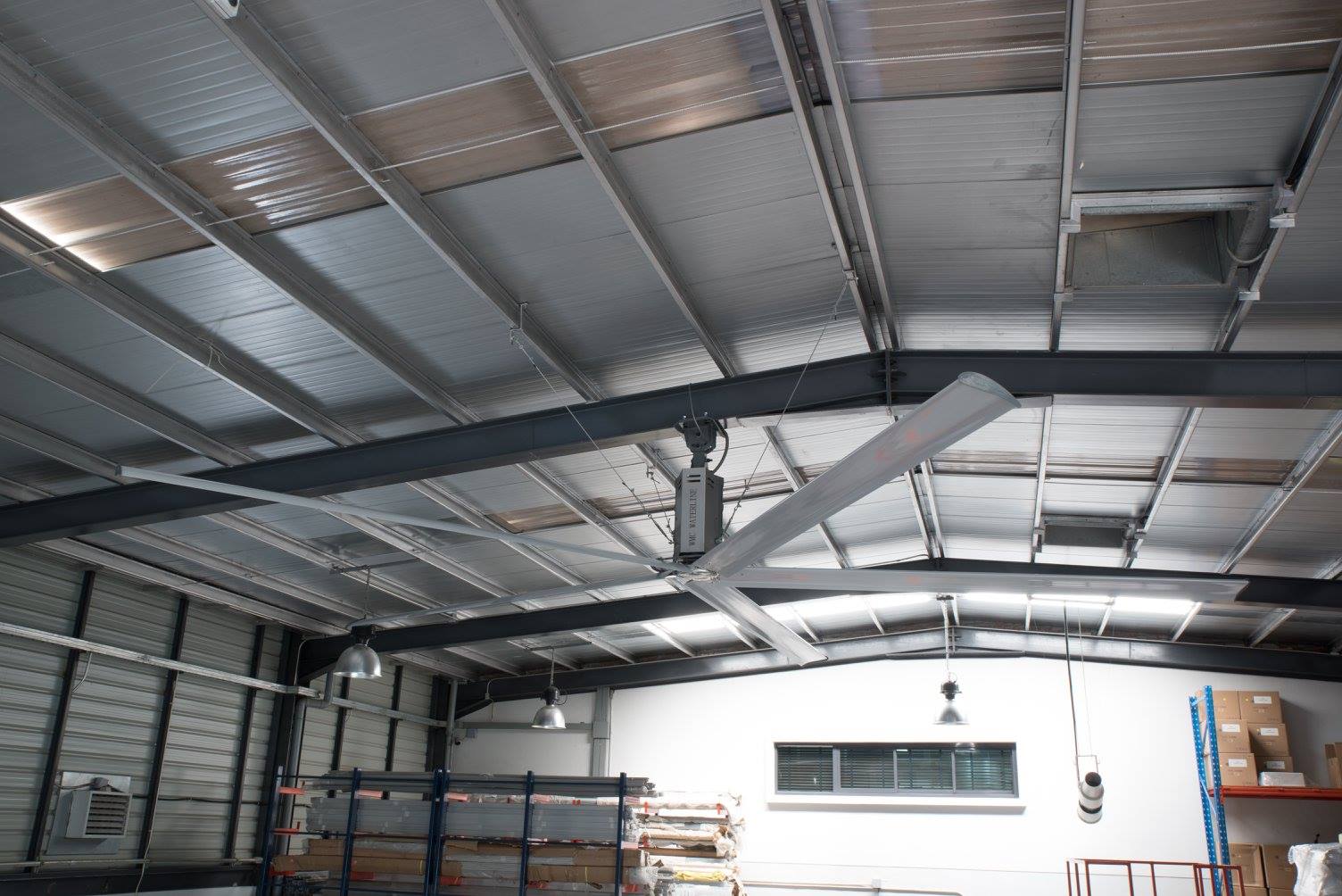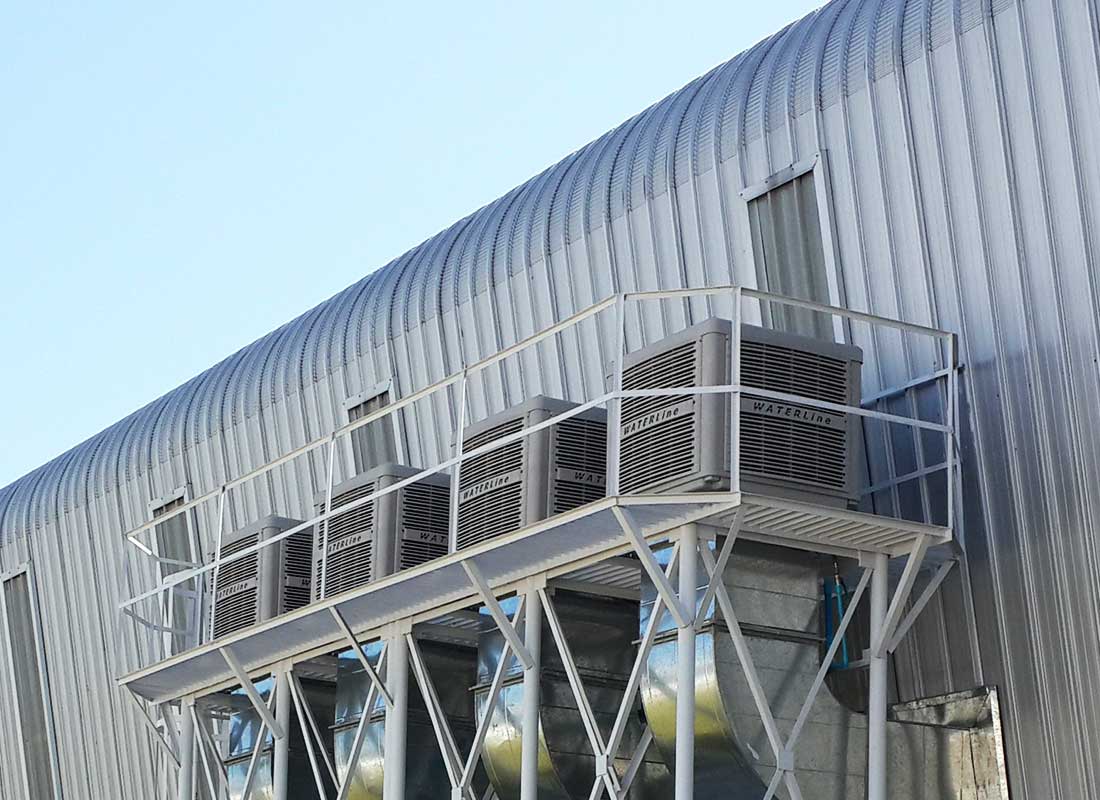
In the realm of industrial cooling, several choices lay on the table. One such widely embraced option is industrial ceiling fans. Nevertheless, considering the escalating energy costs and the importance of eco-friendly operations, the energy efficiency of these fans deserves a careful study against other cooling systems. This article presents a comprehensive evaluation of the energy efficiency of industrial ceiling fans as compared to other prevalent cooling mechanisms, enabling you to make an informed selection.
The relatively cost-effective installation and operation make industrial ceiling fans a much-preferred choice for cooling vast expanses such as factories, warehouses, and similar industrial sites. They function by stirring the air in the room, thereby causing a cooling effect on individuals and objects. Contrary to air conditioning systems that cool the air directly, ceiling fans generate a breeze which makes people feel cooler.
Industrial ceiling fans are renowned for their energy efficiency. Their operation demands less energy than other cooling systems, primarily because they operate on a minimal amount of electricity. Interestingly, the energy usage of many industrial ceiling fans is even lower than a single light bulb.
However, remember that all industrial ceiling fans are not created equal. Some versions are more energy-efficient than others, which makes it crucial to conduct thorough research and select a fan that has been engineered for utmost efficiency. Seek fans with energy-efficient motors and blades that are purposefully designed to circulate a large volume of air with minimal energy usage.

While industrial ceiling fans are a favorite among many industrial setups, they are not the sole option. There are a variety of other cooling systems available, each with its unique strengths and weaknesses. This section examines some prevalent cooling systems and their energy efficiency compared to industrial ceiling fans.
Air Conditioning: A popular choice for residences and offices, air conditioning may not always be the ideal option for large industrial spaces. Operating air conditioners consume a substantial amount of electricity, with larger spaces requiring more energy. Furthermore, these systems demand regular maintenance for efficient operation.
Evaporative Coolers: Often referred to as swamp coolers, evaporative coolers utilize water to cool the air, offering a potentially more energy-efficient alternative to air conditioning. However, their efficacy diminishes in humid environments and they require frequent maintenance to ward off mold and mildew growth.
High-Volume Low-Speed Fans: High-volume low-speed (HVLS) fans are akin to industrial ceiling fans but are designed for larger spaces. They operate by circulating a large volume of air at a slow speed, creating a gentle breeze that can cool individuals and objects. Though HVLS fans are more energy-efficient than air conditioning, they usually cost more to install and operate compared to industrial ceiling fans.